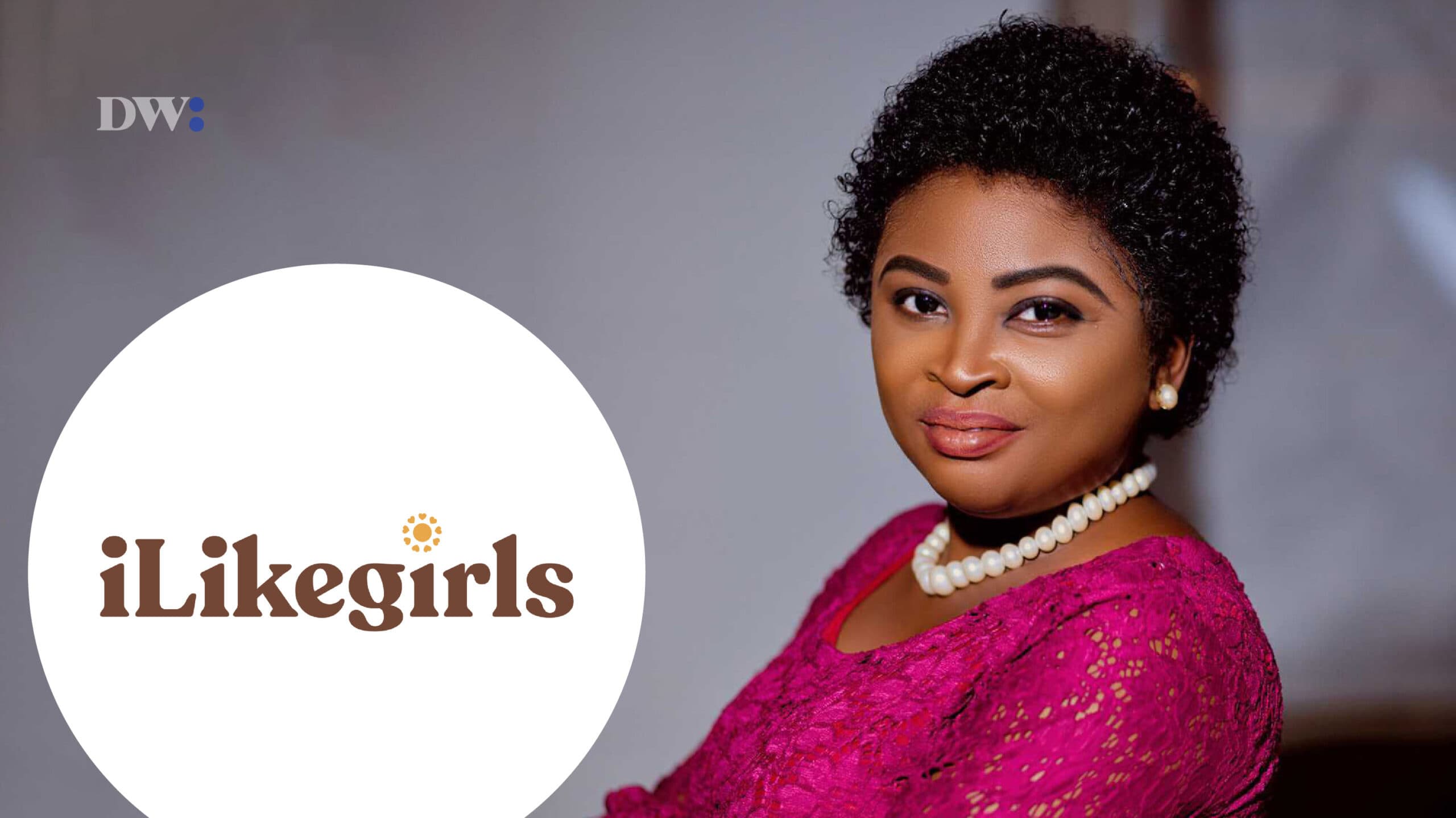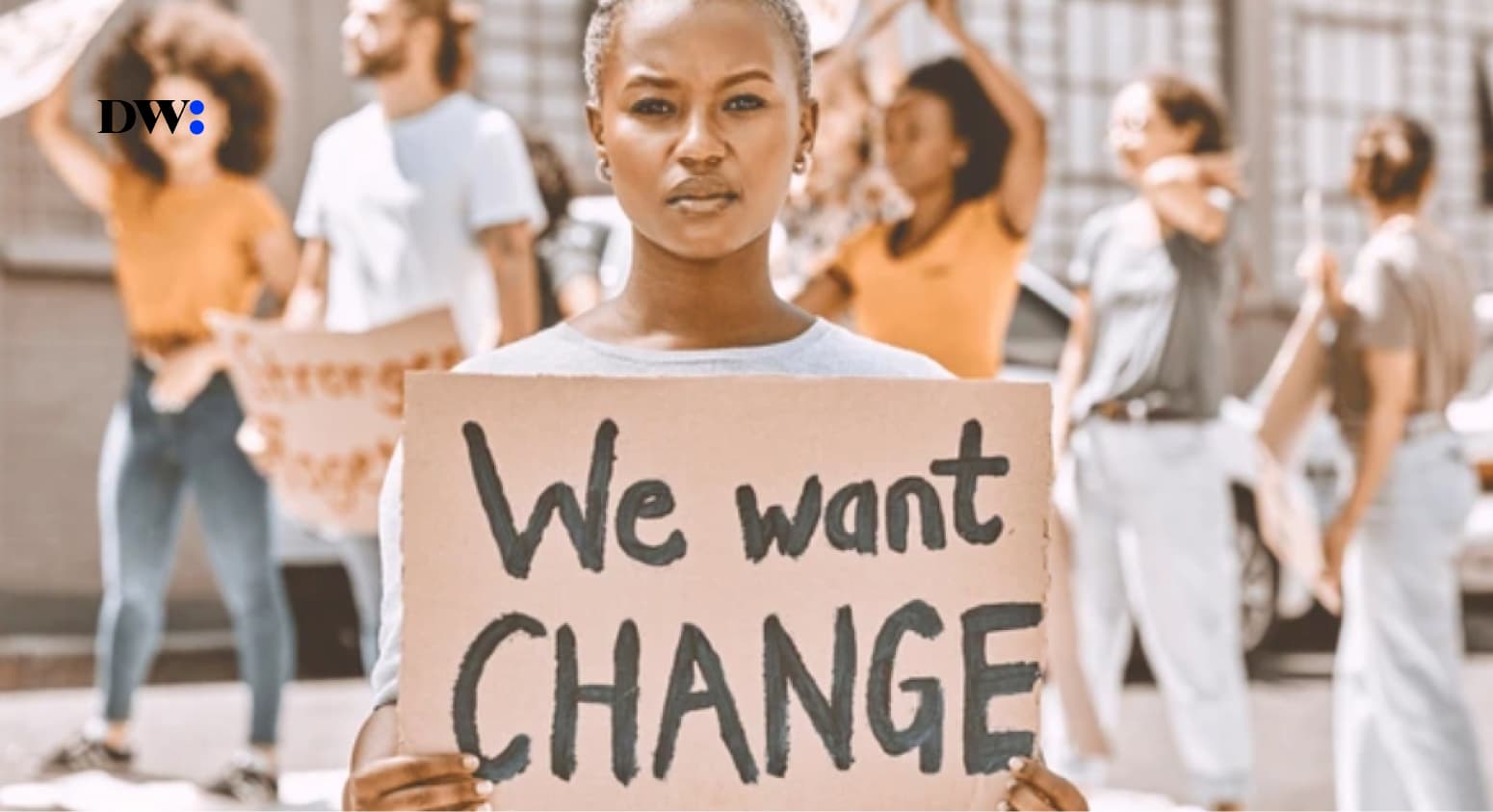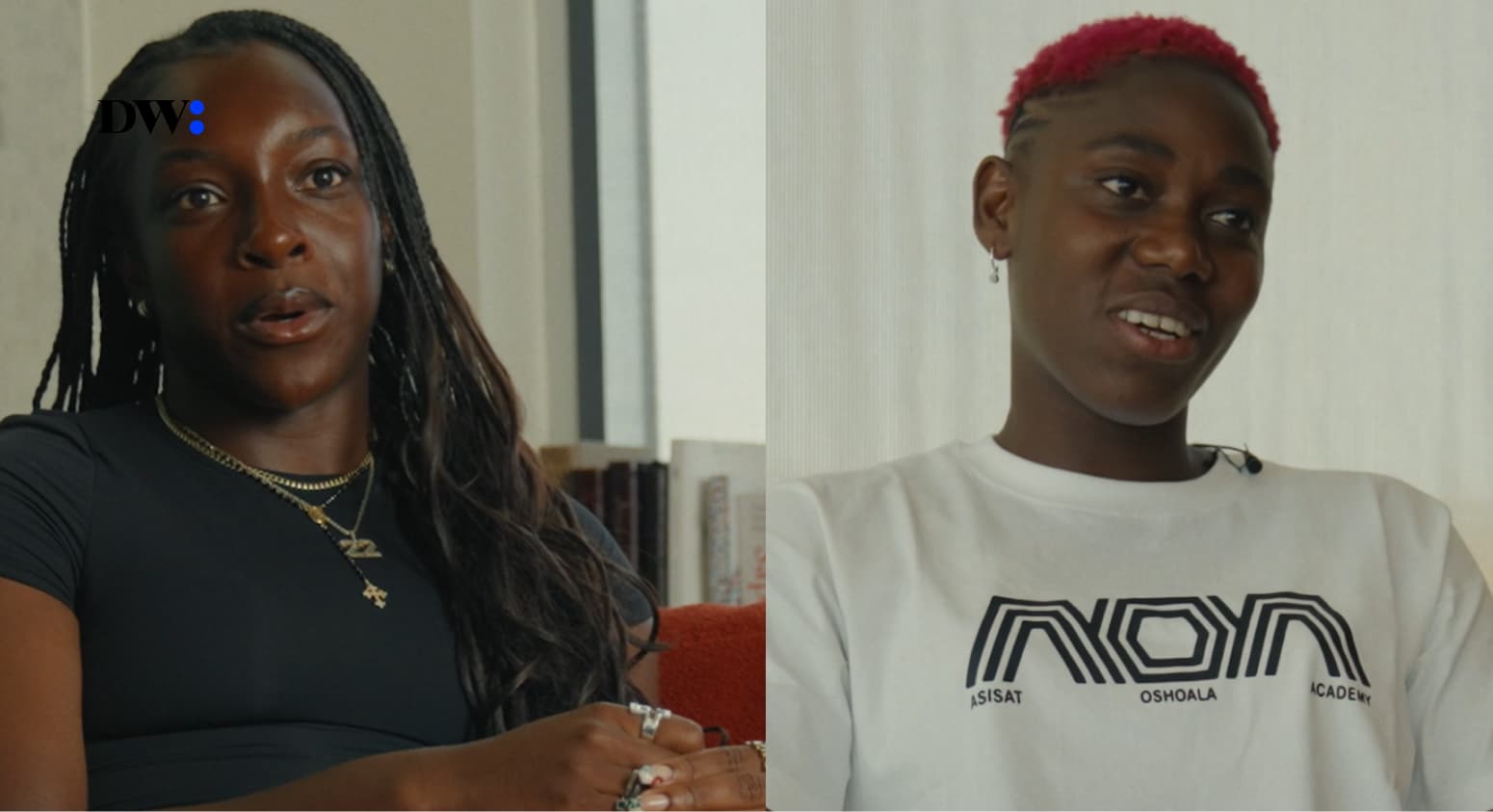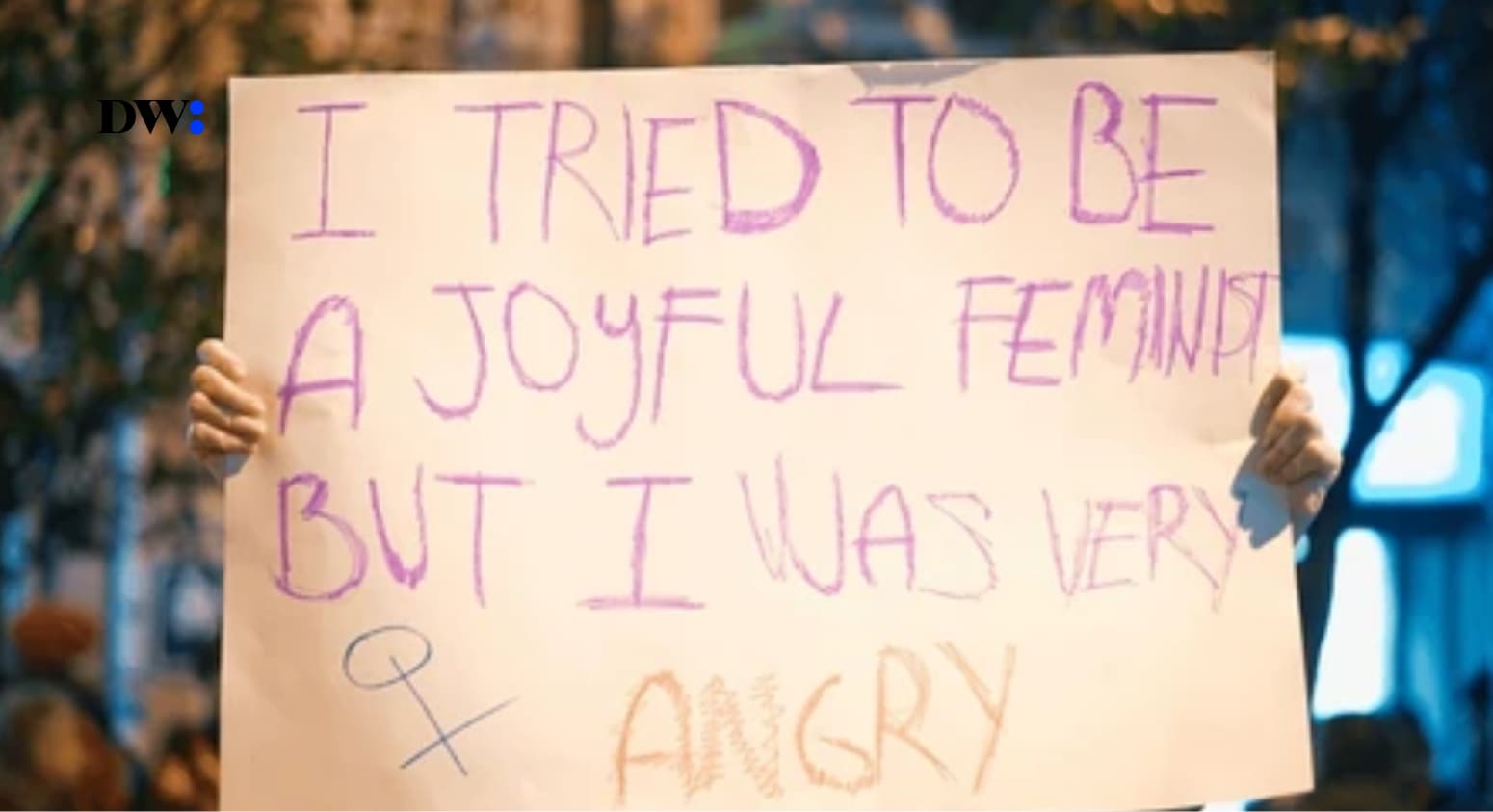“Why would a young woman want to run for office?”
Sewuese Bem was optimistic. Listen to the full episode below:
It was morning devotion in her family home in Makurdi, Benue State, and between prayers and multiple Bible verses, she informed her mother and siblings of her intention to become a politician.
“I said to them, ‘I think I have a calling that I should run for office…’ We prayed about it, and I said, ‘Okay, let me do this.'”
It was late 2018, and with her immediate family’s support, then 29-year-old Sewuese marched forward, vying for space in the March 2019 Benue State House of Assembly elections.
Her first real challenge was the cost of nomination forms required to run for office. For context, around the time Sewuese was contesting, Nigeria’s ruling party, the All Progressives Congress (APC), priced their nomination and expression of interest form for the State House of Assembly position at ₦850,000 (roughly $2,777 at the time), and the People’s Democratic Party (PDP) priced theirs at ₦600,000 (roughly $1,960) at the time.
These numbers are incredibly high for the average Nigerian, so to save costs, Sewuese ran under the banner of the People’s Redemption Party (PRP), which offered a more affordable nomination form for women like her.
In October 2018, she won her party’s primary elections, making her their representative for the Benue State House of Assembly Elections, representing the Gboko East constituency. She gathered her savings from her business, where she sells and processes agricultural products, to throw herself fully into the ring.
And as a woman running for elections in Nigeria, Sewuese predicted challenges, but nothing prepared her for the barrage of discrimination and misogyny she faced in the months leading up to the election.
“There was certainly pushback against me because of my gender. And because of my age in 2019, some people were like, ‘Why would a young woman want to run for office? Why can’t she just get married?’ Some even said to my face that why am I not looking to start a family instead,” she said.
In Nigeria, there are cultures that perpetuate gender stereotypes, assuming that women only have a place at home, building a family. These stereotypes seep into politics, impacting how women like Sewuese who run for office are perceived by the public. They are also a contributing factor to women’s underrepresentation in both elective and appointive positions.
For context, in Nigeria’s 10th Assembly, out of 109 seats, women occupy only 3 seats. And in the Senate, women occupy only 17 out of 360 seats. According to 2023 data from the Inter-Parliamentary Union (IPU), Nigeria is also falling behind many other similarly positioned countries in sub-Saharan Africa, including Rwanda, Ghana, Senegal, South Africa, and Kenya.
During Sewuese’s three-month campaign, she gathered support from well-wishers and constituents who believed in her vision. However, she had to contend with misogyny and financial constraints that come with campaign spending. In the end, she didn’t win the election. She came in third position, gathering 2,294 votes and outperforming 12 other candidates.
“If you look at the spread of the results, you can tell that I was loved and accepted. But because I lacked funding, and because I was a woman from a smaller party, I lost out,” she explained.
Despite the draining campaign in 2019, Sewuese contested again in the 2023 elections. This time, the 33-year-old had her eyes set on a spot in the Federal House of Representatives. The same problems emerged, but on a much larger scale.
Her experience is the focus of a new series from the I Like Girls podcast, a narrative storytelling show that documents the experiences of African women and how life impacts them as a result of their gender.
Through Sewuese’s in-depth journey, the podcast episode discusses what it’s like being a woman in politics in Nigeria. It captures the challenges and how the experience when running for office is vastly different for women and men.





